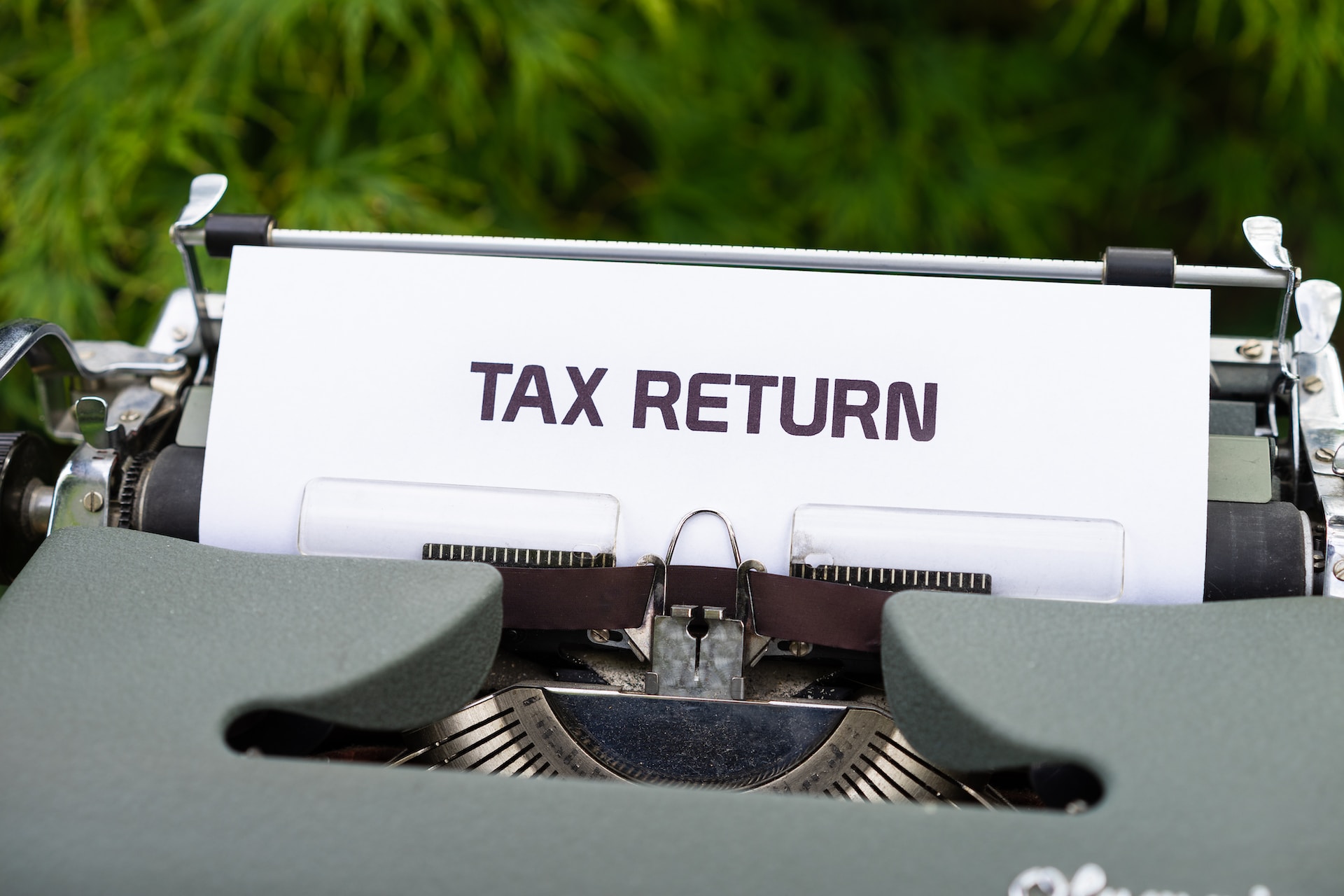1.1. Predicting the Wind
Kenya’s tax law is highly unpredictable because the government changes tax laws every year. For the last 45 years, it has consistently changed the tax laws through the annual Finance Acts – as you can see from the Finance Bill, 2023. The Income Tax Act, Cap 470 for example, underwent 155 changes in the years 2015 – 2020. When reading the Income Tax Act, you may be surprised at the endless list of Finance Acts listed under the introductory title which shows that a year does not go by without the Act undergoing some changes. It is easier to predict the direction of the wind than to predict Kenya’s tax law.
1.2 Power to levy taxes
Tax is a debt due to the State payable to the Commissioner of Income Tax.[1] ‘A taxpayer is not obliged to pay a single coin more than is due to the taxing authority. The taxing authority on the other hand is entitled to collect up to the last coin that is due from a taxpayer.’[2]
Previously, the Provisional Collection of Taxes and Duties Act, Cap 415, allowed changes in tax law to be implemented before the Finance Bill could be passed by Parliament or any other relevant formal Bill. The Act suspended the power vested in Parliament to make laws by allowing the Cabinet Secretary to make an order that all or specified provisions of the Bill relating to taxes or duties in the Finance Bill to have effect as though passed into law. The Act effectively gave a Bill statutory effect before it was validly passed into law. It wrongly bestowed legislative power to the Cabinet Secretary, yet this is a mandate preserved for Parliament.[3] The High Court declared the Provisional Collection of Taxes and Duties Act invalid in Okiya Omtatah Okoiti v Cabinet Secretary, National Treasury and 3 others.[4]
The national government has the exclusive power to impose the following taxes: (1) income tax; (2) value-added tax; (3) customs duties; (4) import duties; (5) export duties; and (6) excise tax. The national government cannot impose any other tax, apart from the listed ones, without enacting legislation. The national government cannot impose entertainment taxes or any other tax that only the county governments are allowed to impose.
County governments can impose property taxes, entertainment taxes and any other tax that they are authorised to impose by an Act of Parliament. The taxation and other revenue-raising powers of a county must not be exercised in a manner that prejudices national economic policies, economic activities across county boundaries or the national mobility of goods, services, capital or labour. The county government cannot enact taxation statutes without considering the constitutional guidelines on public finance.[5] The laws of the county government must comply with Article 2019 of the Constitution.[6]
1.3 Taxpayers as debtors
The tax laws should be clear,[7] and unarbitrary.[8] Changing tax laws every 12 months or less is not favourable to the taxpayer because they would be constantly wondering whether the advantage they have today will vanish tomorrow. The government changes tax laws because it can. The question should be whether they should change the existing tax laws after such a short period of time. This necessarily means that the government should plan its fiscal policy wisely to allow stability in the business environment. At the moment, the government’s fiscal or tax policy is ‘we shall levy this tax this year but if it does not work out, we can always amend it again in a few months.’ No taxpayer enjoys an unpredictable burden.
Taxes influence the behaviour of taxpayers. Low tax rates usually lead to more income while higher tax rates lead to less. For example, an increase of tax over certain goods may lead the public to avoid buying them and substituting the same with others while increase of taxes on certain investments will lead the affected investors to choose other more favourable investments – including avoiding investing altogether. In the same vein, lower tax rates on certain goods and investments may lead the public to change from their current options to those that now have a comparably lower tax rate. Therefore, raising tax rates does not raise the income as is usually expected – the taxpayer adjusts their activities depending on the incentives and constraints of the tax laws.
Notes
[1] Section 32(1), Tax Procedures Act 2015
[2] Republic vs. Kenya Revenue Authority Ex-parte Bata Shoe Company (Kenya) Limited [2014] eKLR.
[3] Article 2(4), 94(5), 153(4) (a), 255(1) (h), 256 & Section 7 of the Sixth Schedule of the Constitution.
[4] [2018] eKLR.
[5] Dickson Matei t/a Machete Auctioneers & 10 others v Nairobi County Government & another [2016] eKLR.
[6] Raiply Woods (K) Ltd & another v Baringo County & 3 others Constitutional Petition 3 of 2017 & 4 & 9 of 2016 [2017] eKLR.
[7] Mangin v Inland Revenue Commissioner [1971] AC 739.
[8] Cape Brandy Syndicate v Inland Revenue Commissioner [1921] KB 64.

